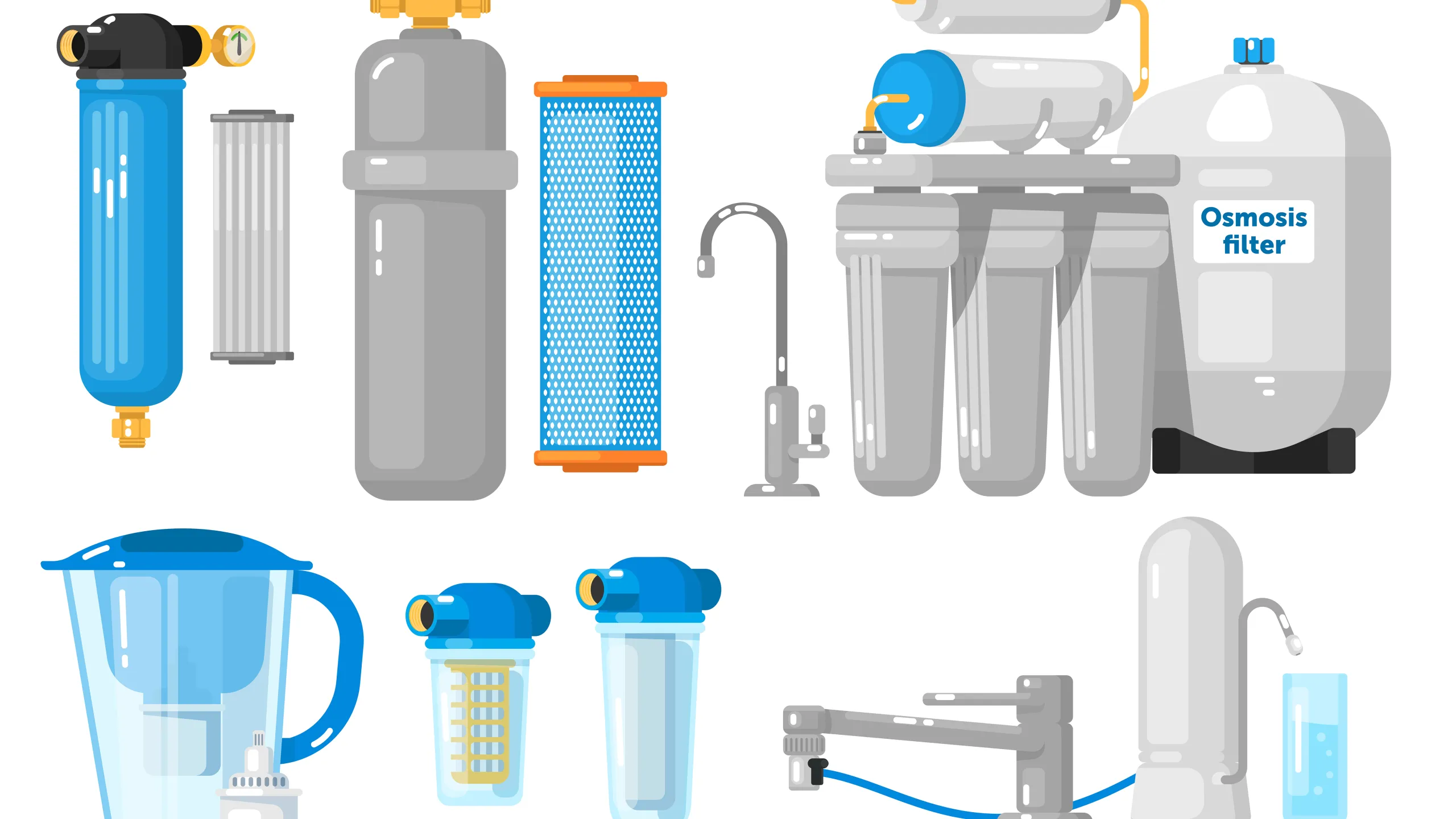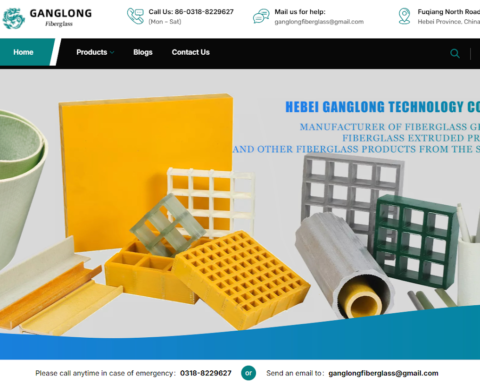Why Water Purification is Essential
Water purification is not just a technological requirement but a fundamental necessity for the health and prosperity of billions. In our ever-changing global landscape, pollution and climate-induced shifts have intensified the need for clean, potable water. This demand is pressing as pollution from industrial runoff, agricultural pesticides, and urban contaminants worsens. Clean water access is paramount for safeguarding public health, mitigating the spread of waterborne diseases, and ensuring the resilience of our communities.
Local solutions, such as installing a Marlo water softener in Maryland, illustrate the personalized approaches being developed to tackle increasingly localized water quality challenges. On a global scale, the United Nations identifies access to sustainable and safe water resources as critical for surviving and thriving in current ecological conditions.
Technological Advancements in Water Purification
Water purification has seen remarkable innovation over the past few years. Ultraviolet (UV) filtration techniques are at the forefront, and they are known for effectively eradicating microbial contaminants without leaving chemical residues. Additionally, cutting-edge nanotechnology offers precision filtration, enabling the removal of minute pollutants that traditional methods might miss. These advancements symbolize a transformative leap, not just in how we treat water but also in enhancing its affordability and accessibility.
Integrating the Internet of Things (IoT) into water systems further accelerates innovation, allowing for more innovative real-time quality monitoring. This integration facilitates immediate data analysis and system adjustments, enhancing safety and quality while optimizing resource use. It’s a synergy between technology and necessity, aiming at seamless and efficient water management solutions.
Trends in Water Purification Solutions
The trends in water purification lean heavily on eco-friendly practices and the adoption of energy-efficient systems. These solutions are increasingly favorable as awareness grows about the environmental impact of traditional purification methods. Integrating innovative technologies enables devices within a system to interact for optimal performance. This creative trend allows households to utilize smart home systems, which can be managed through apps, enabling users to track usage and adjust water consumption patterns efficiently.
Intelligent water systems, for instance, provide customers with information on water quality and usage trends, encouraging more responsible water use. In addition to being convenient, this technology substantially contributes to individual and communal water-saving initiatives.
The Role of Decentralized Water Purification
Communities without direct access to centralized water infrastructure have a fantastic potential to benefit from decentralized water purifying technologies. These systems are essential for placing water treatment solutions tailored to the requirements of isolated or rural locations in their proper context. They reduce water waste by collecting rainwater or groundwater and purifying it for on-site consumption instead of depending on distant sources.
By focusing on localized purification, decentralized systems reduce logistical challenges and enable communities to build resilience against climate variability. Such systems are a cornerstone strategy in ensuring water security and empowering local decision-making for sustainable water management.
Eco-friendly Water Purification Technologies
One of the most promising shifts in purification is towards eco-friendly and sustainable technologies. Solar-powered purification, for instance, harnesses renewable energy to treat water, significantly lowering carbon emissions compared to fossil fuel-dependent processes. Biofiltration techniques, which use natural microorganisms to break down contaminants, exemplify biotechnological solutions that are both effective and gentle on ecosystems.
These green methods reflect a broader global initiative to combat climate change via sustainable practices. They offer a twofold benefit: addressing immediate water purity challenges while aligning with objectives to protect our planet for future generations.
Understanding the Economic Impacts
Modern water purification systems bring noteworthy economic benefits that extend well beyond initial investment costs. Advanced systems’ efficiency and low operating costs offer industries, municipalities, and households financial relief. As water scarcity becomes more prevalent worldwide, innovative water purification technologies provide cost-effective solutions that are gaining traction in water-stressed regions.
Adopting renewable water treatment approaches demonstrates how economies can affordably sustain their water needs while fostering growth. This aspect is particularly relevant in countries facing significant water shortages, where adopting these technologies can avert more considerable economic fallout from water crises.
Overcoming Challenges in Water Purification
Despite technological advances, several challenges remain in the world of water purification. Barriers such as high upfront costs, the complexity of new technology, and resistance to change can inhibit widespread adoption. However, these challenges are not insurmountable. By learning from successful implementation stories worldwide, solutions are rapidly becoming more accessible and scalable.
Regions that have embraced innovative solutions report numerous benefits, including improved health outcomes, economic savings, and increased community engagement. To ensure broader acceptance and effect, tactics may be modified to handle the particular difficulties of various locations by taking inspiration from these success examples.
Conclusion
The narrative of water purification is rapidly evolving, defined by groundbreaking innovations and the pressing need for efficient water management solutions. As these technologies mature, they provide promising pathways for producing cleaner, safer water in ways that are harmonious with our environment. As global citizens become more aware of these advancements, they are empowered to make informed decisions that align with sustainable practices and future water security.
Ultimately, by understanding and adopting these emerging trends, individuals and societies can ensure that the future of water purification is not only technologically advanced but also environmentally conscious and economically viable.
Keep an eye for more latest news & updates on Essential Tribune!








